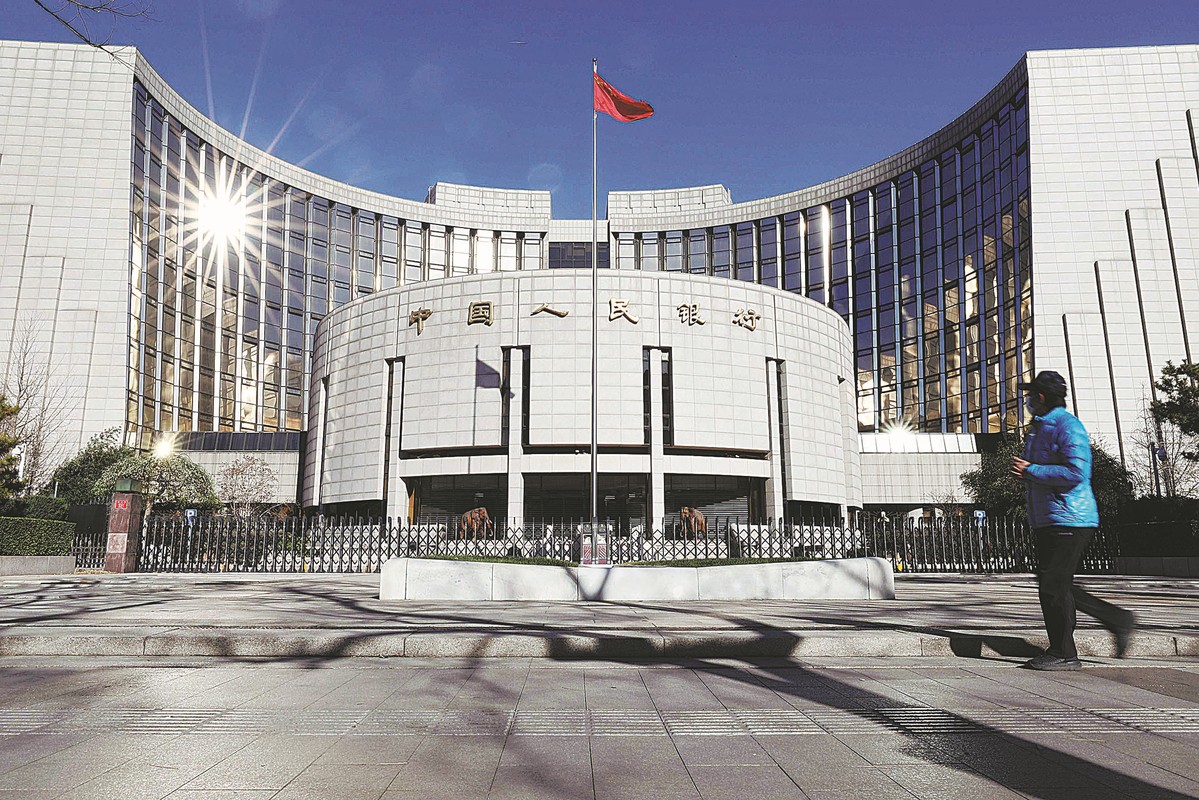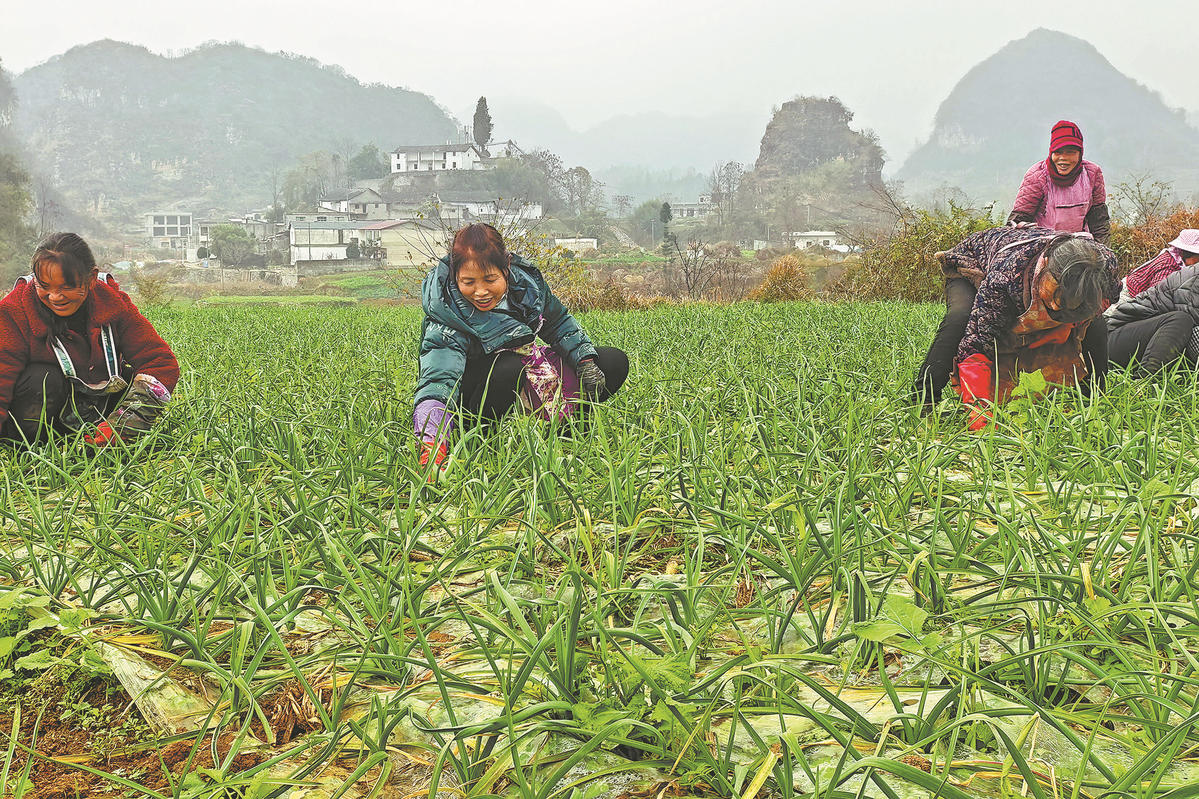PBOC seeks flexible, moderate monetary policy


Chinese monetary authorities and consultants called on stronger and self-directed policy measures to stabilize economic growth and promote a healthy development of the real estate market, as pressure is increasing at home and abroad, the People's Bank of China, the central bank, said on Saturday.
The PBOC's monetary policy committee agreed on a prudent monetary policy, which should be flexible and moderate, as well as be more "forward-looking, targeted and self-directed" in the coming months, to better serve the real economy, according to a statement issued after the committee's regular meeting of the fourth quarter.
The aggregate and structural monetary policy tools should enhance effectiveness and become more "proactive and promising", said the statement posted on the central bank's website.
The committee's policy stance is based on a projection of more complex and uncertain external environment amid the repeated outbreaks of coronavirus pandemic, while the domestic economic growth faces threefold pressure from shrinking demand, supply shocks, and weakening expectations, according to the statement.
It also indicated that structural monetary policy tools will be stronger and targeted. The temporary tools to boost small business lending launched in 2020 will be normalized as long-term measures to support inclusive finance for small and micro enterprises and self-employed business.
To sustain financial stability and constrain risks especially in the real estate sector, the PBOC's monetary policy committee vowed to take measures to "safeguard the legitimate rights and interests of home buyers, better meet their reasonable demands, and promote the healthy development and virtuous cycle of the real estate market", the statement said.
The latest moves of PBOC signaled some moderate easing amid economic downward pressure after the central bank maintained a neutral monetary policy stance throughout much of the year of 2021, said economists.
The PBOC launched a targeted relending facility in November to support carbon emission reduction. It cut most financial institutions' RRR earlier by 50 basis points and reduced the relending rate for rural and small enterprises by 25 basis points earlier this month.
The one-year loan prime rate, or LPR, the nation's benchmark lending rate, was lowered by 5 basis points on Dec 20 to reduce firms' financing cost.
"The move reflects (the central bank's) growing concerns over the weakness of domestic demand toward the end of 2021, but does not signal a move away from the emphasis on containing financial sector risks," said a report published by the World Bank last week.
In the short term, the authorities should maintain the ongoing efforts to address excessive leverage in the corporate sector, especially among real estate developers, but be ready to provide liquidity support when necessary to contain the risks of financial contagion, said the World Bank report titled China Economic Update.
Economists from the World Bank also said that as major central banks may be compelled to tighten monetary policy at a faster than anticipated pace, it is possible to trigger a sharp tightening of global financial conditions with adverse spillovers to China's economy.
The PBOC may continue to lower funding costs via cutting the reserve requirement ratio and rely on other structured monetary tools, such as the new relending loan quota, according to Stephen Chiu, chief Asia foreign exchange and rates strategist of Bloomberg Intelligence.
"But the room for decline may be contained unless the PBOC also lowers its policy rates," said Chiu.
The annual Central Economic Work Conference, which concluded on Dec 10, pointed that monetary policy should "guide financial institutions to strengthen support for the real economy, especially for small and micro enterprises, technological innovation and green development".
"The central bank is expected to introduce more policies in the future to further enhance credit support for innovative enterprises," said Xiong Yi, chief economist in China of Deutsche Bank.



































